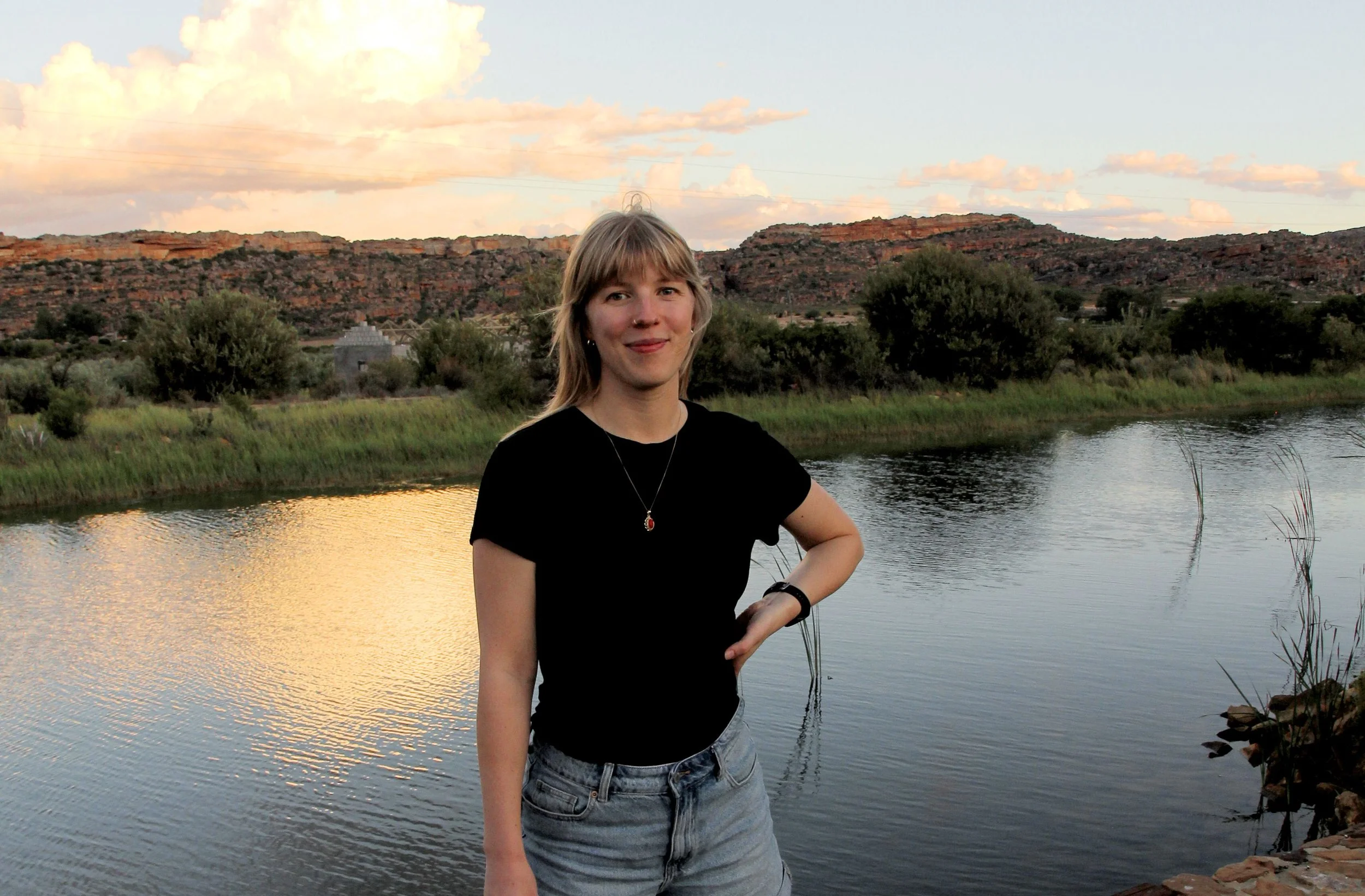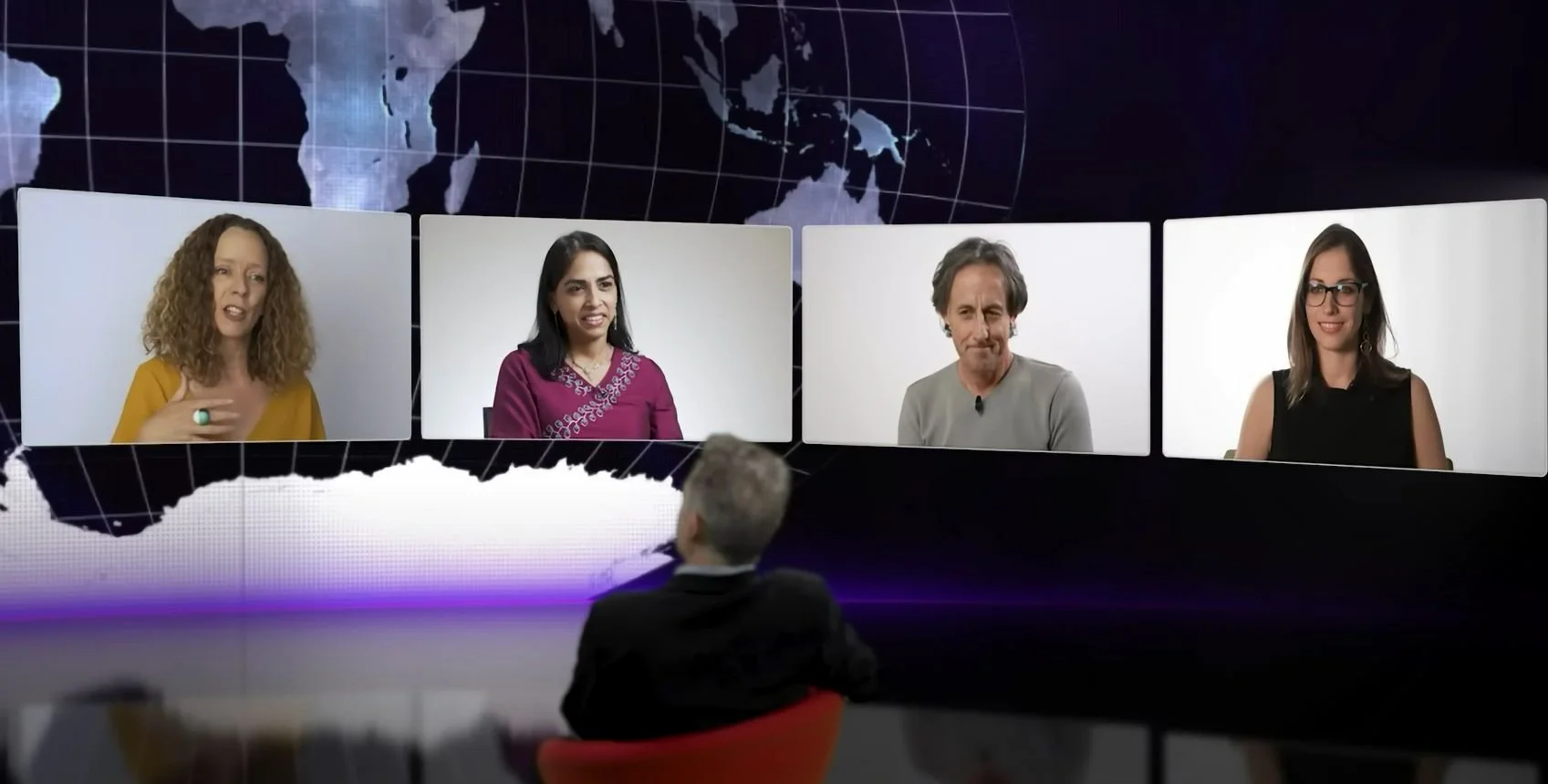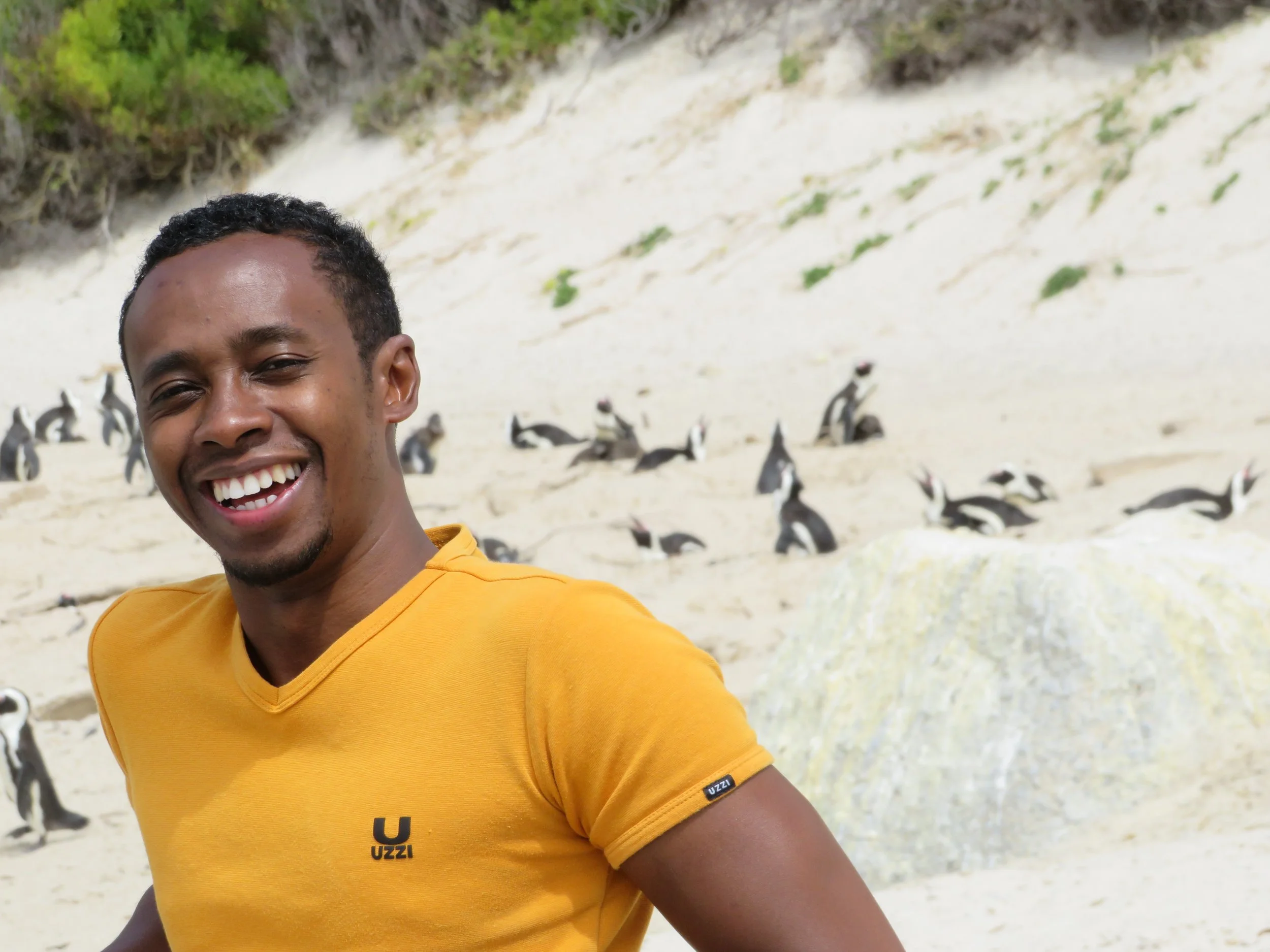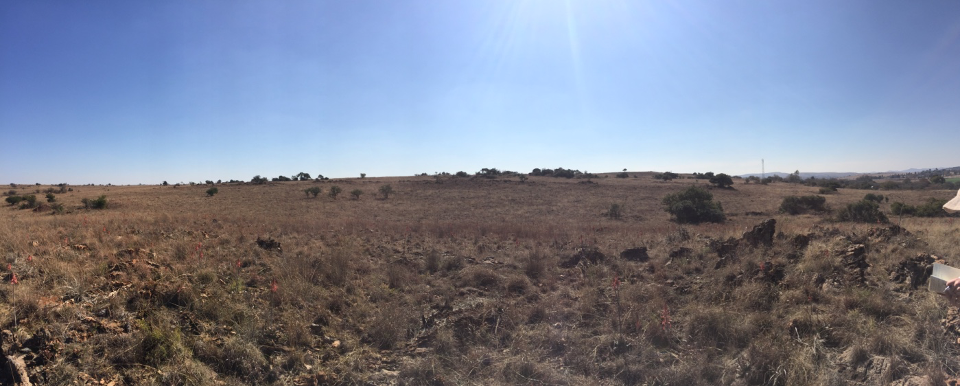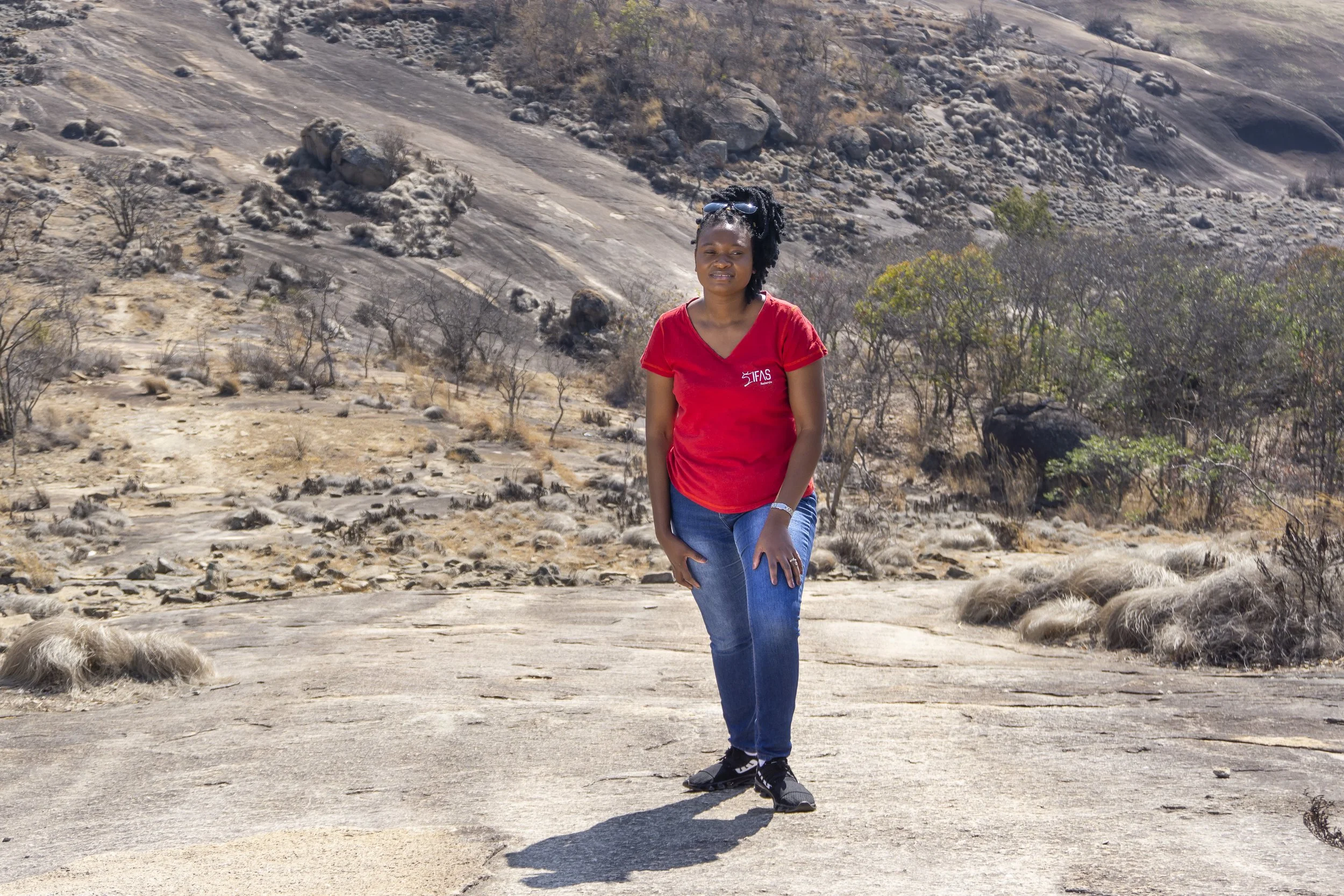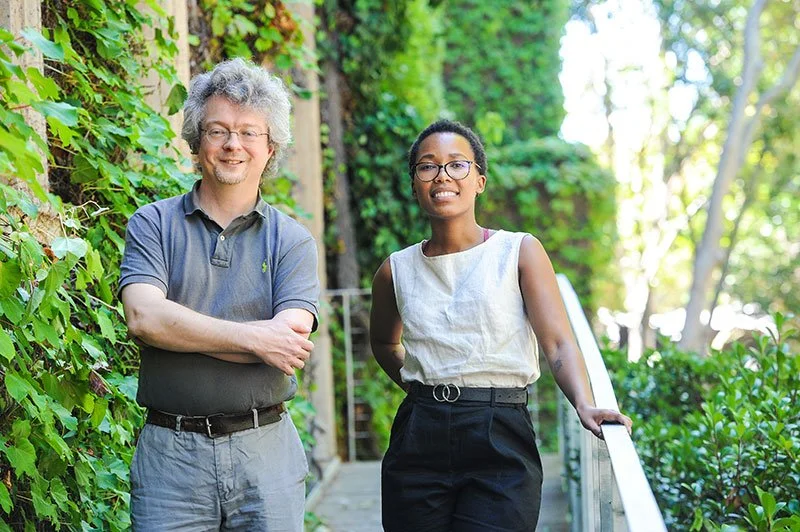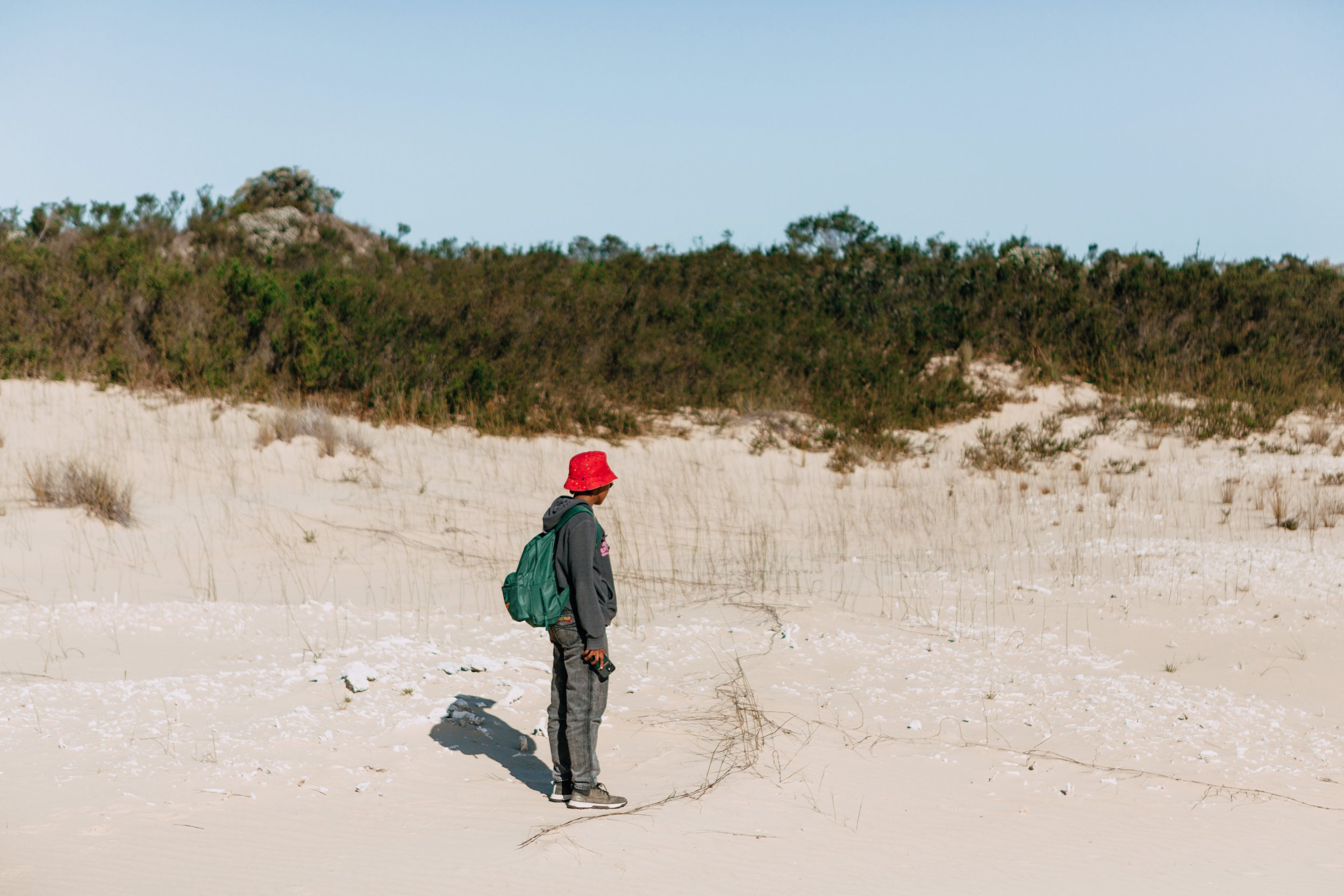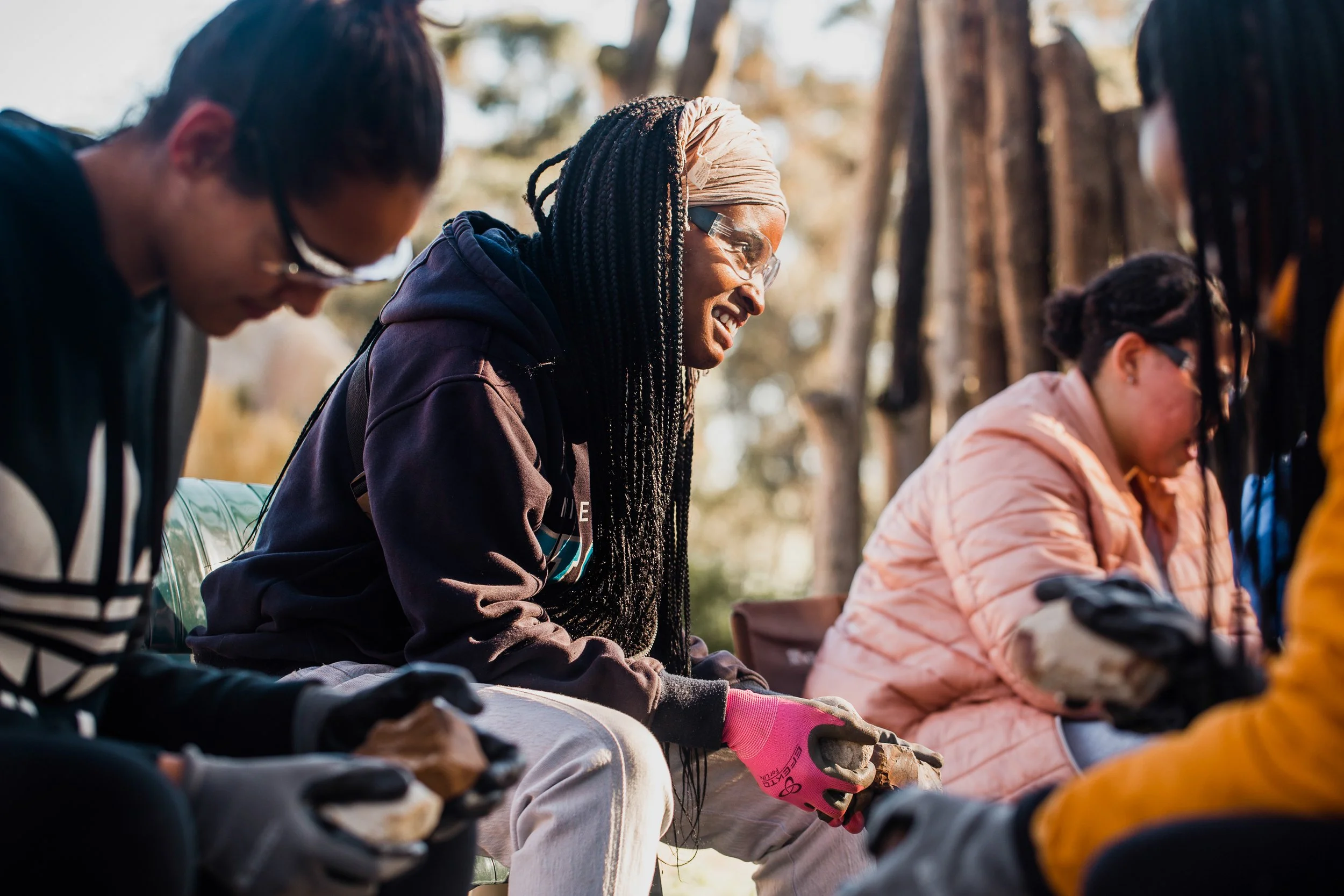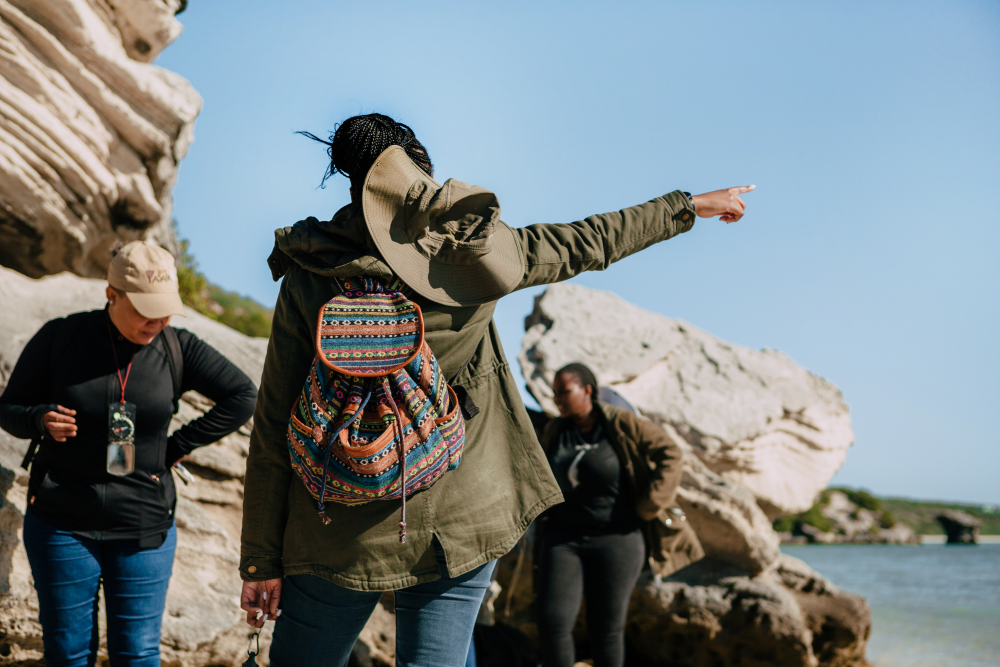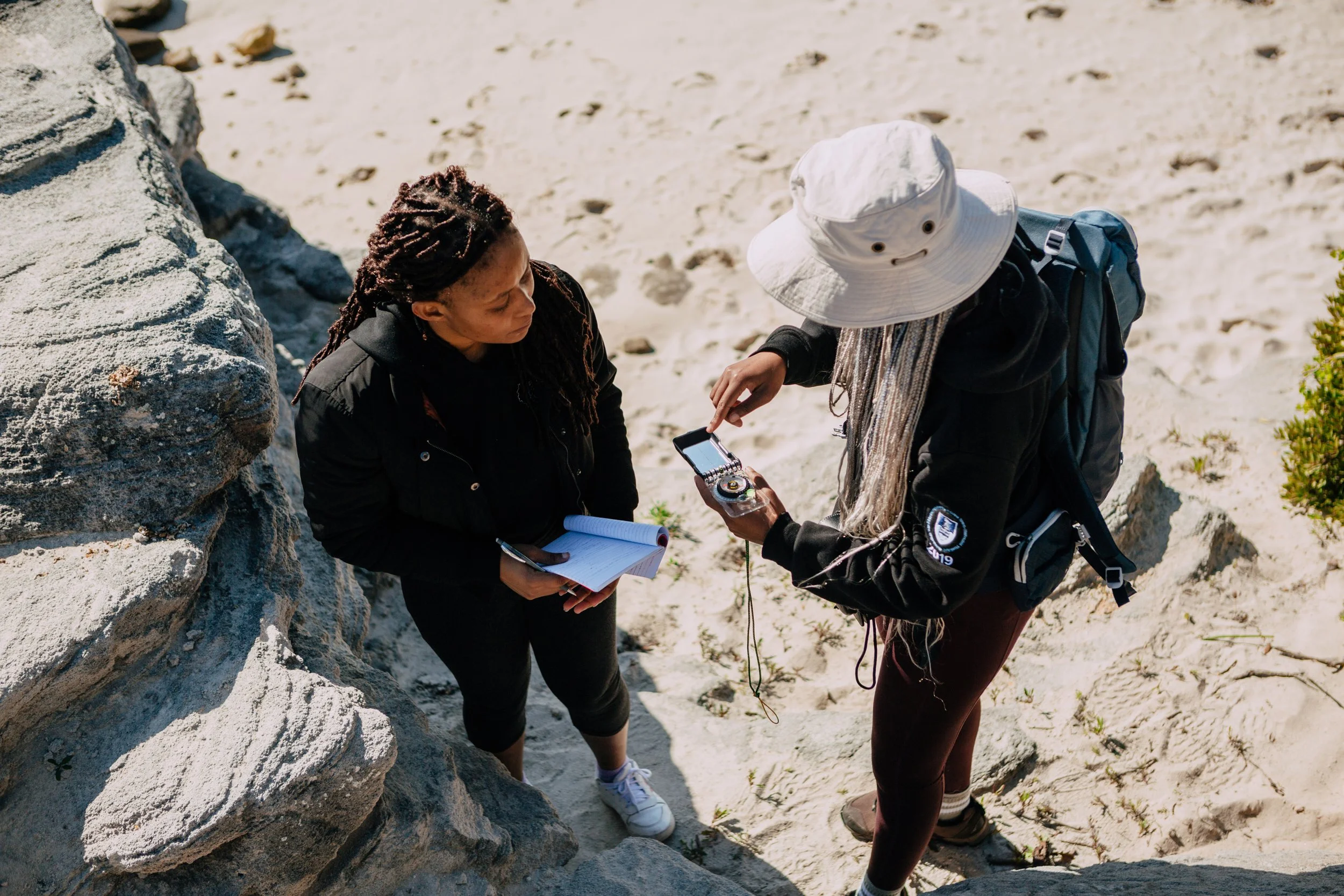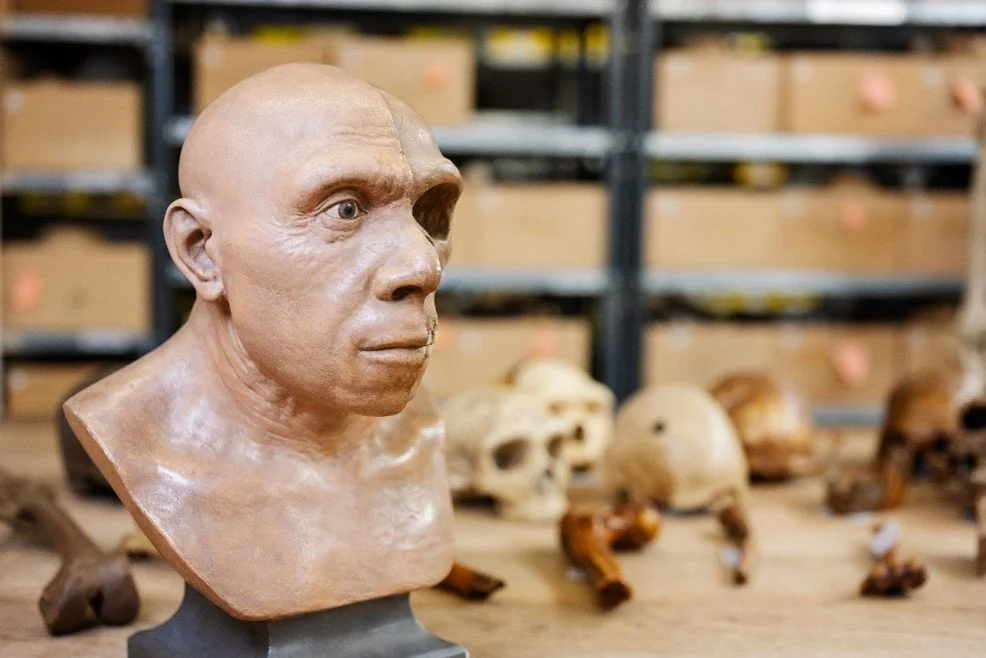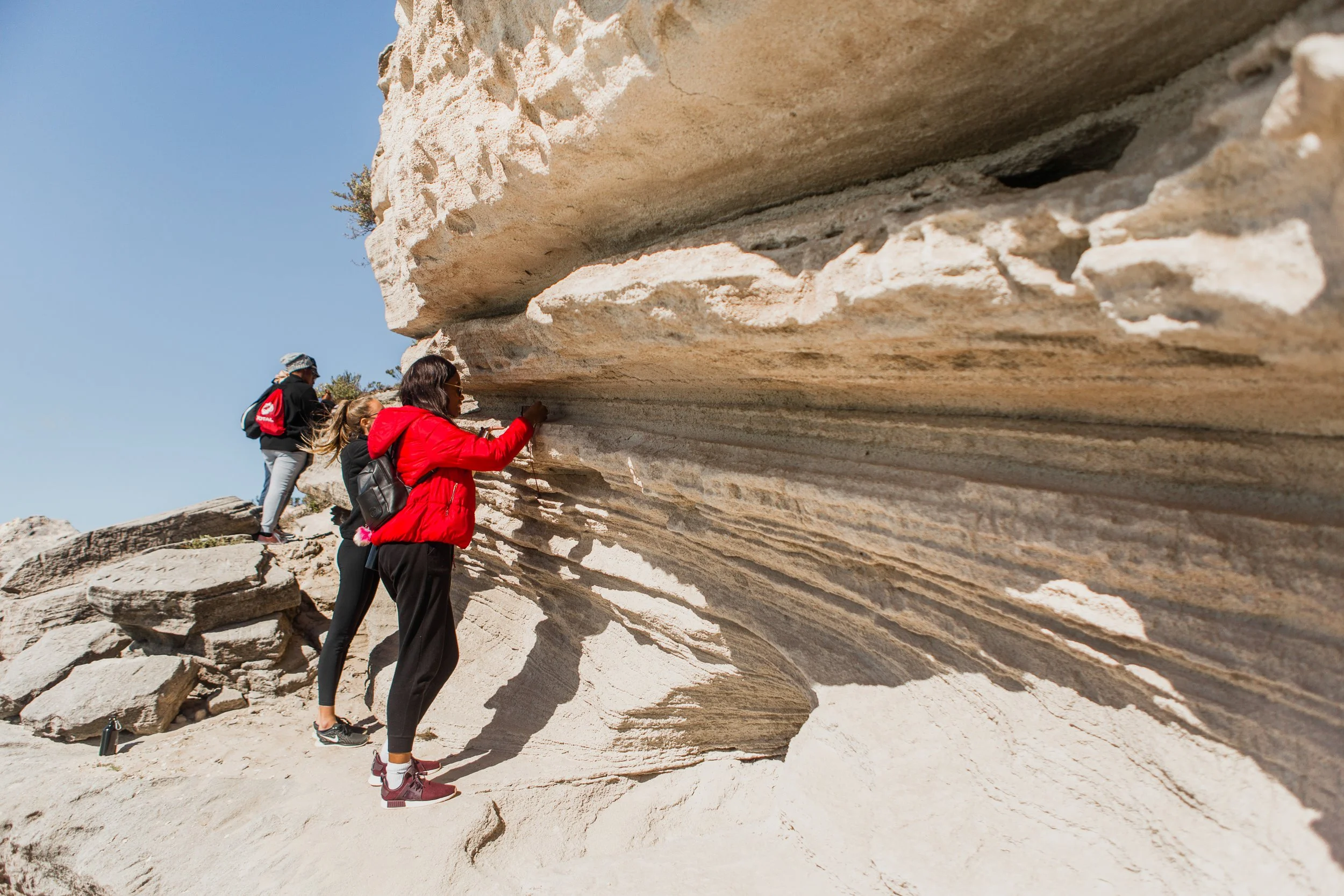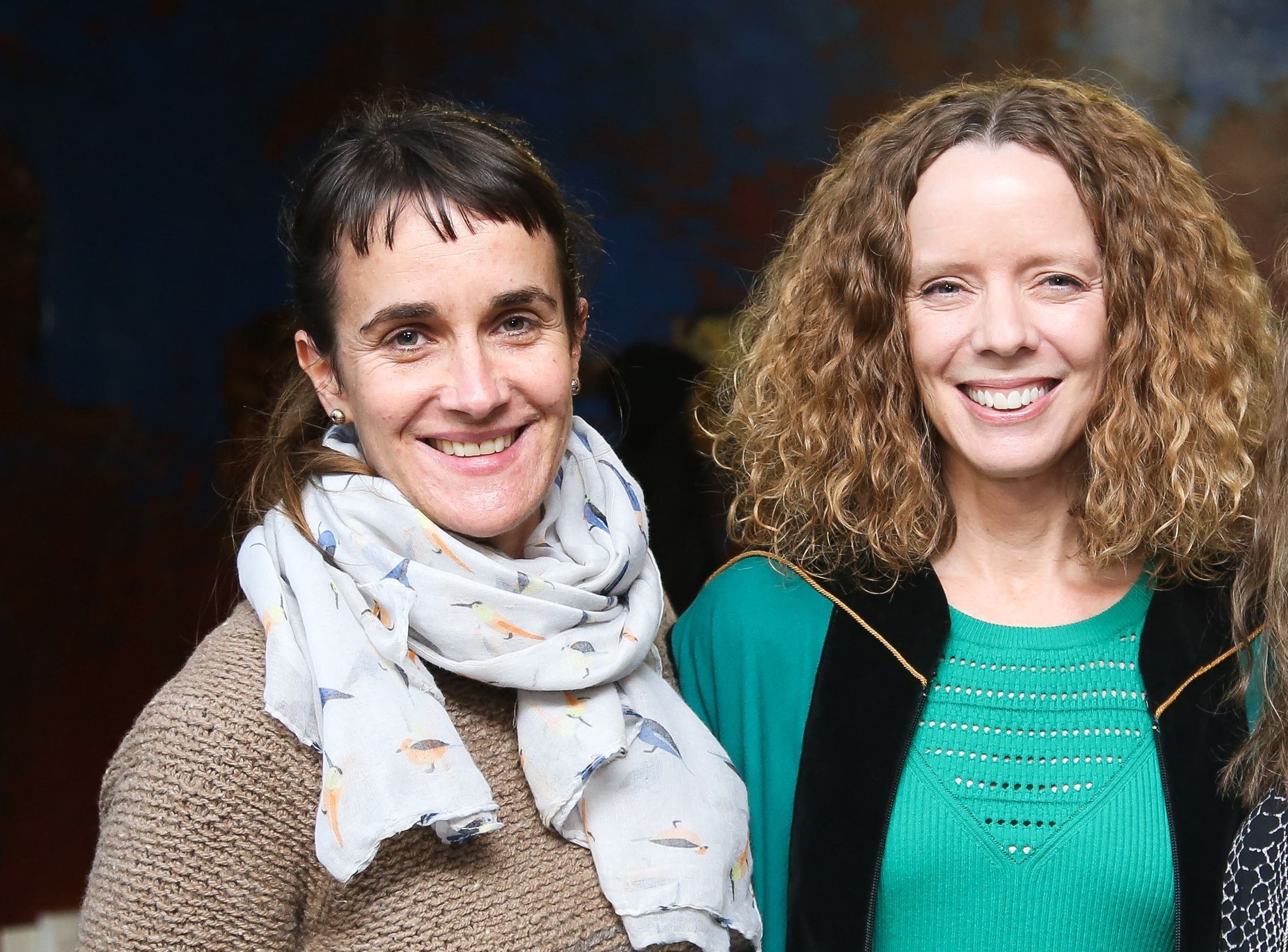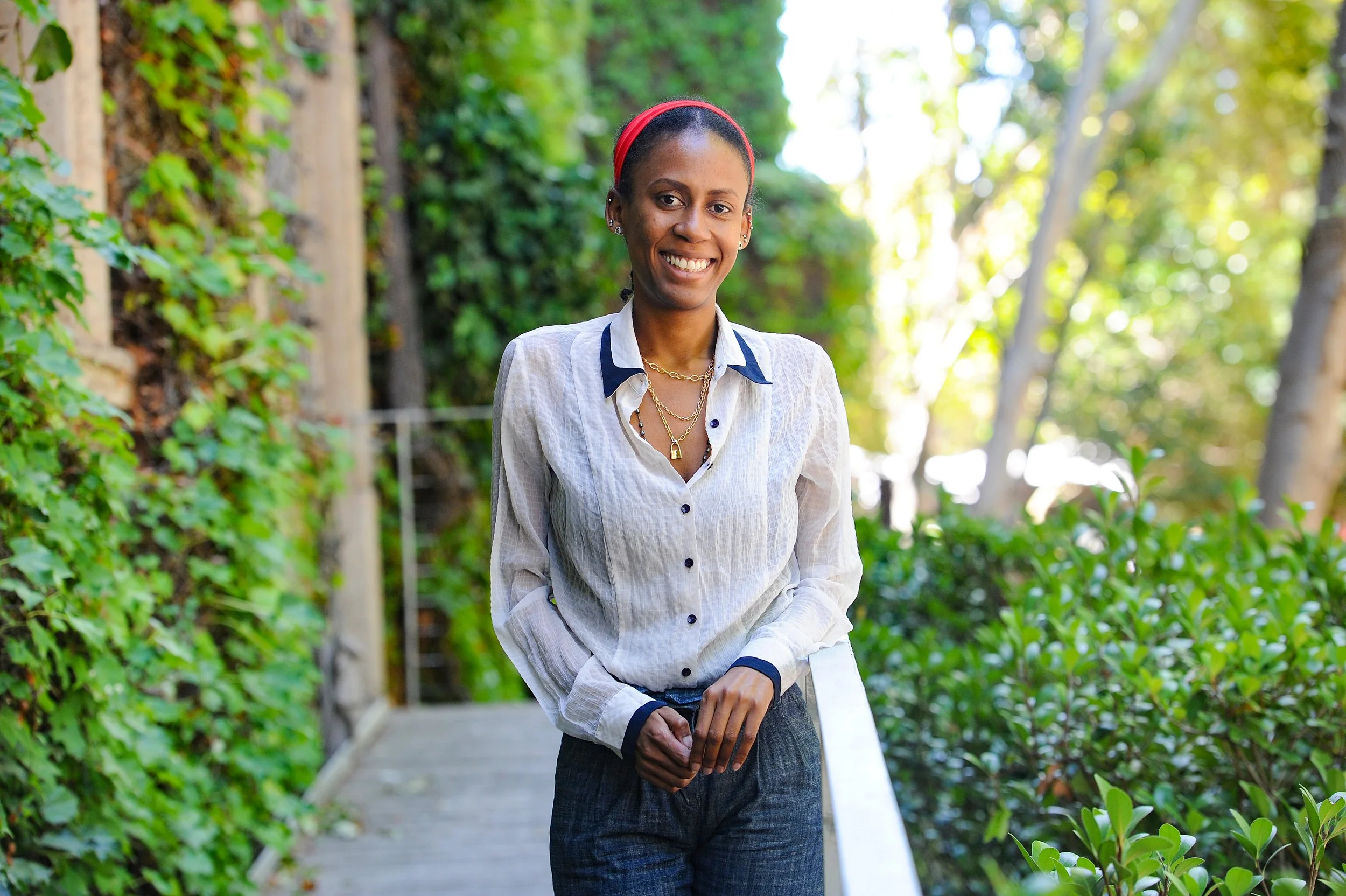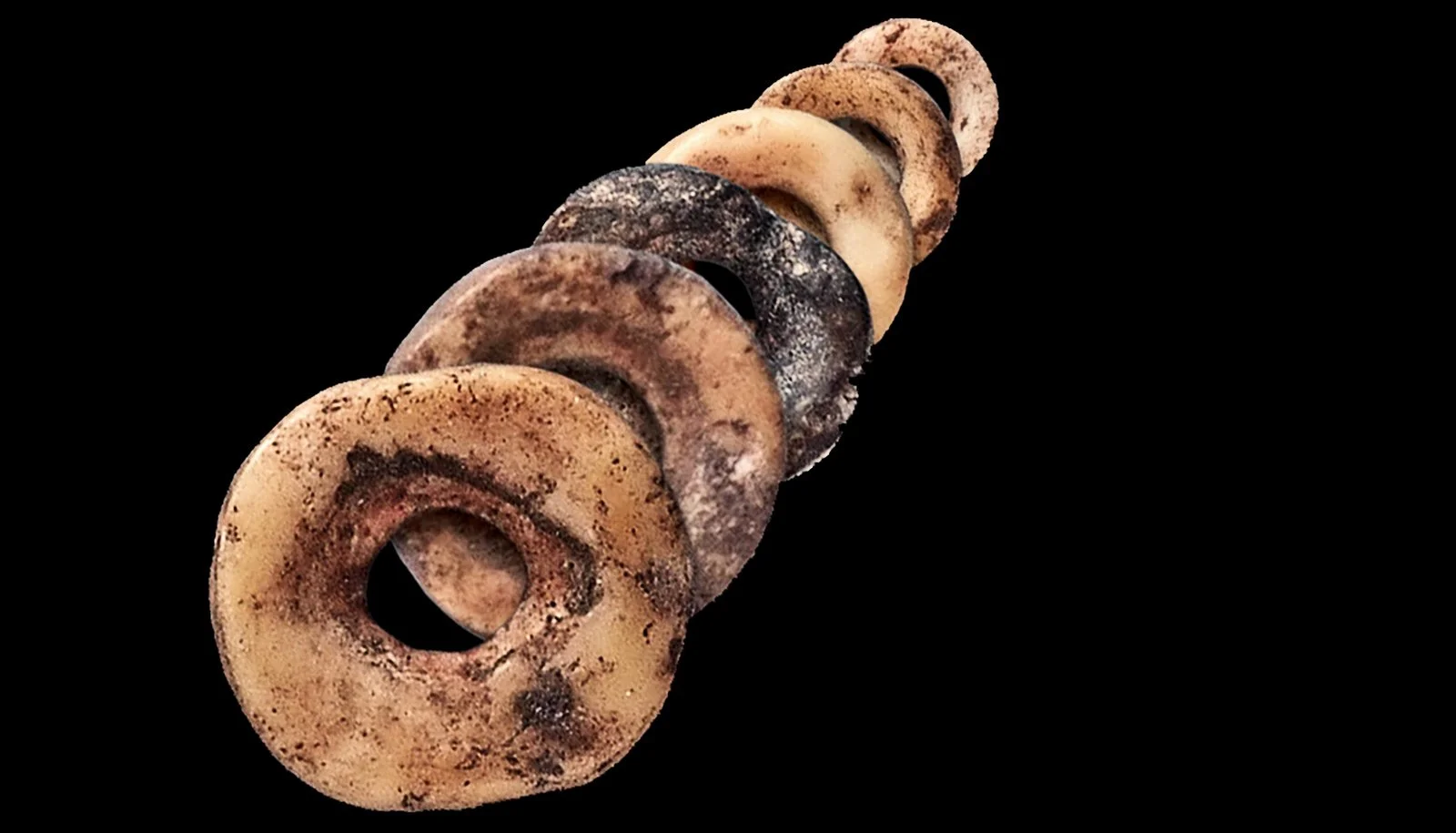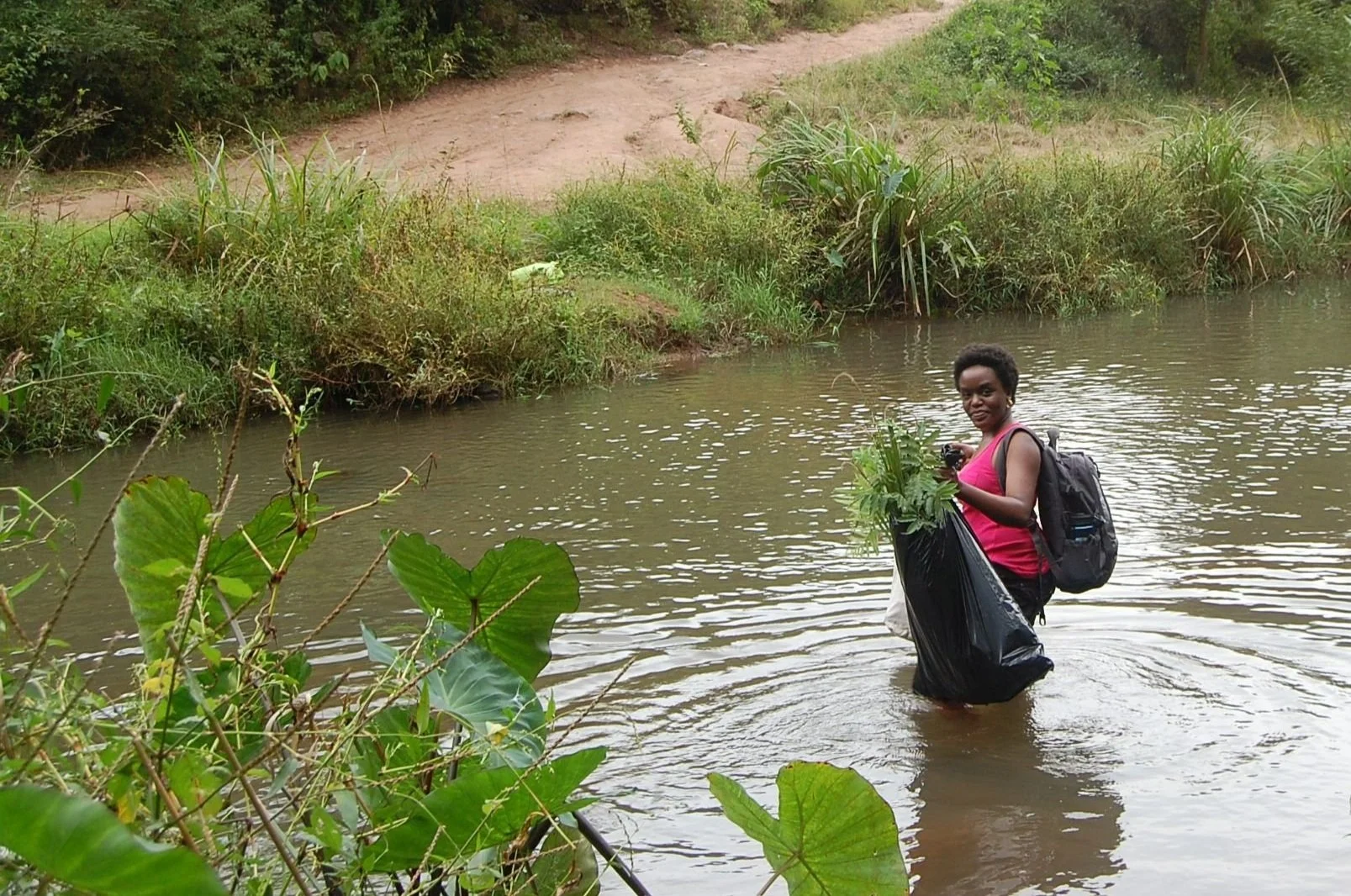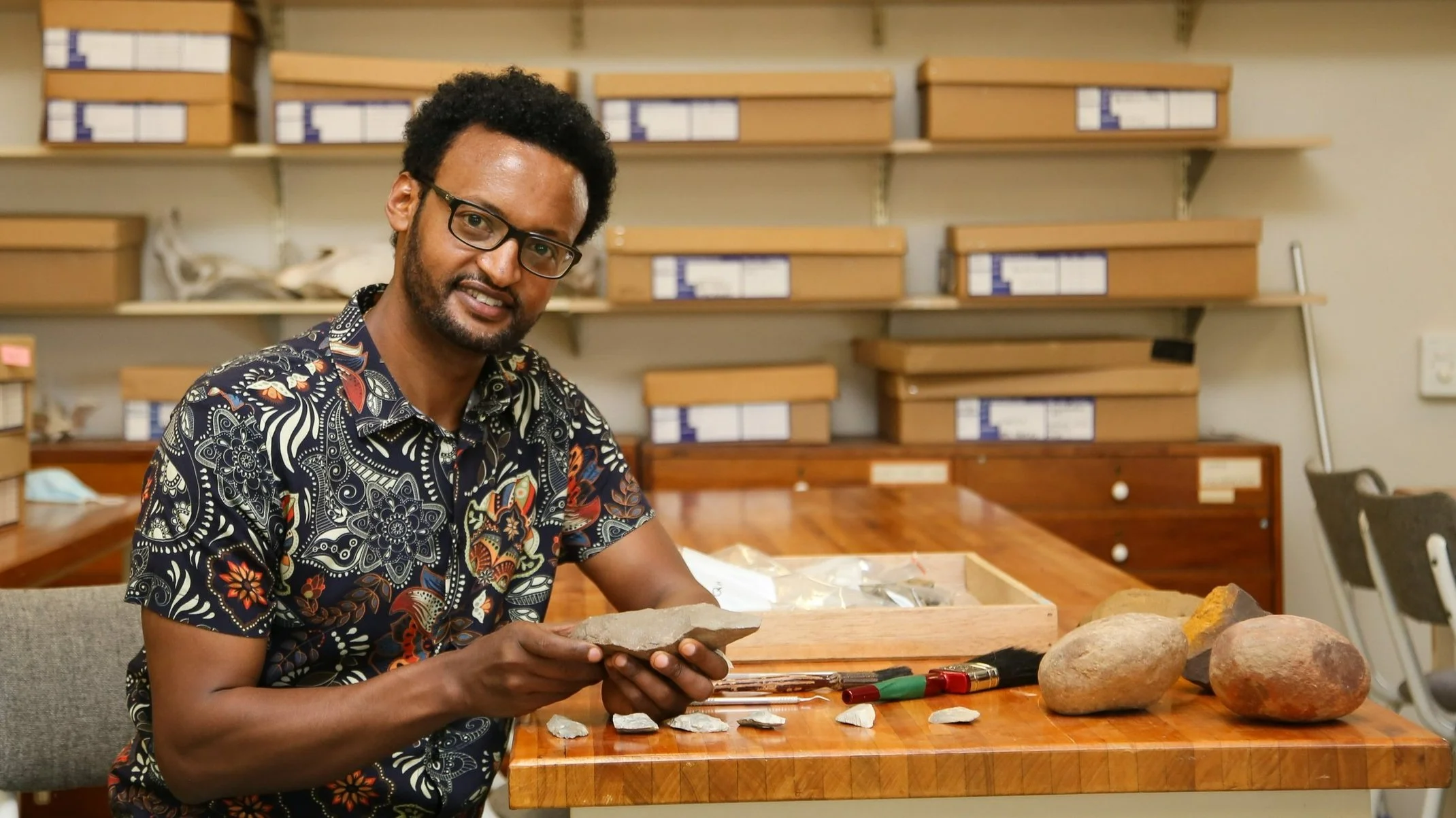
NEWS CONTENT
Celebrating 5 years of Advancing Womxn
This Women’s Month HERI celebrates 5 years of support from the Advancing Womxn initiative. First awarded in 2019, it culminates with the institute growing a cohort of young South Africans and enhancing African connections and scholarship for the future.
#HERIspotlight: Wendy Khumalo
Our #HERIspotlight is shining on Wendy Khumalo, a PhD candidate using dendroclimatology, or the relationship between climate and tree growth, to reconstruct the environment where past humans lived.
#HERIspotlight: Rieneke Weij
Our latest #HERIspotlight shines on Rieneke Weij, a geochronologist whose work sheds light on the antiquity of important fossil sites and reveals the records of past climates these caves hold.
Big Ideas: HERI's Rebecca Ackermann joins World Science Festival
HERI's Rebecca Ackermann joins leading experts at the World Science Festival Big Ideas series to explore how new technologies are revolutionising our understanding of human origins.
#HERIspotlight: Tsilavo Razafimanantsoa
Tsilavo Razafimanantsoa takes centre stage in our next #HERIspotlight. With a background in palynology, or the study of pollen, his career focuses on how human evolution and settlement impacted environments on the Africa continent.
New research challenges the antiquity of the Cradle of Humankind
Researchers from HERI applied multi-disciplinary approach to date Bolt’s Farm between 2.27 and 1.70 million years old, dispel long-held assumptions that the area is a site of great antiquity.
HERI's Precious Chiwara: “I love my work”
The HERI PhD candidate gets personal about studying ancient social interactions in southern Africa and how she’s broadening dominant coastal narratives in the discipline today.
Ancient proteins illuminate deep-time species evolution
HERI held an African Palaeoproteomics Workshop at UCT, welcoming researchers from the diaspora to discuss how advances in the study of ancient proteins can attract a new generation of young African researchers studying our deep past.
The geological period no one talks about
Dr Robyn Pickering and Rivoningo Khosa address head on what HERI is doing to break the silence on menstruation in the field - and how you can join the conversation.
Why we need diverse storytellers of human evolution
HERI makes it a priority to support South African women, especially black women, who want to pursue careers in human evolution and to grow a network of future leaders in the discipline.
Why we need science for the sake of science
Stop asking about the socio-economic benefits of science, says HERI’s Rivoningo Khosa. Instead, ask about the South African resources and role models contributing to the global knowledge pool.
HERI & Iziko Museums partnering for palaeoscience
HERI and Iziko Museums of South Africa are partners in advancing research capacity and nurturing a new future for African palaeoscientists working in African institutions.
What fossils reveal about hybridization of early humans
HERI Co-director Prof Rebecca Ackermann, with colleagues from the University of Tübingen, analyzed how hybridization affected the skeleton to reveal human origins are more complex than previously thought.
HERI supports women in science studying our human origins
HERI’s women’s field camps return over Women’s Day weekend 2022, aiming to give young South African women a safe, informative, and fun introduction to the field that supports their future careers in science.
Introducing HERI’s Co-directors
UCT’s Professor Rebecca Ackermann and Dr Robyn Pickering will represent HERI leadership as it drives diversity, inclusivity, and excellence in palaeoscience.
#HERIspotlight: Georgina Luti
Our latest #HERIspotlight shines on Georgina Luti. A doctoral student at UCT’s Department of Geological Sciences, she finds common ground for women in isotope geochemistry and research excellence at HERI.
Decolonising science through translation
Offering translations of research into six African languages, Decolonise Science aims to broaden the accessibility and impact of science, says Sibusiso Biyela.
Beads reveal our ancient connections across Africa
New research of ostrich eggshell beads show social connections across eastern and southern African populations 50,000 years ago. HERI archaeologists Amy Hatton and Benjamin Collins reviewed these findings.
#HERIspotlight: May Murungi
May Murungi is the focus of our latest #HERIspotlight. A HERI postdoc and Carnegie Foundation fellow, she studies Africa’s ancient plants to uncover how climate may have influenced evolution.
An ‘air of change’ for archaeology
With his diverse research expertise, HERI’s Dr Yonatan Sahle is bringing a new, integrated approach to African archaeology at UCT that may help address some of the field’s major questions - and shift its problem with representation.
